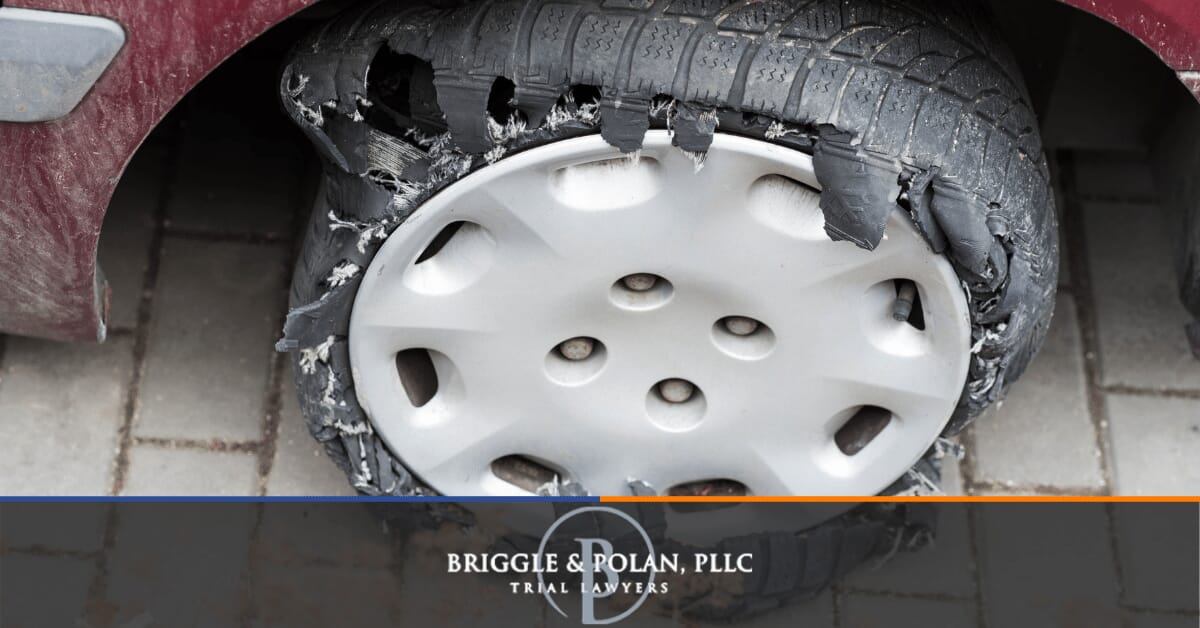In extreme heat, your vehicle can experience several issues. One component of your vehicle that can experience the most impact is a tire. All tires on your vehicle fill with air to the pressure indicated by the manufacturer, and that should be perfectly fine for most conditions. However, in some situations, drivers can fill their tires up too much, and this can cause problems.
In any situation, you should recognize how high heat can result in a tire blowout and why vehicle maintenance is essential.
Heat Expands Pressure
The higher the heat, the more it can impact your vehicle’s tires. We know that cold weather can reduce the pressure inside your tires, but high heat can cause them to expand. Along with the friction on the pavement, higher speeds, and frequent braking, extreme heat can push your components beyond their limits.
If the tire expands too much, it can blowout, and you may lose control of your vehicle. Similarly, a tire that you don’t inflate properly can experience a blowout because it runs hotter. It’s vital to maintain your vehicle correctly and prevent severe harm.
Maintenance Prevents Accidents
The most effective way to prevent a severe car accident because of a tire blowout is to ensure you’re performing maintenance. You need to ensure your tire pressure is in the perfect PSI range while also checking your tread and other parts of your tire to reassure that the extreme heat won’t impact them.
If you encounter a tire blowout, make sure you know how to maintain control of your vehicle. Don’t slam on your brakes, and make sure you try to get away from traffic as quickly as possible.
If another driver fails to maintain their vehicle and causes a crash in which you suffer injuries, know your rights. Our Austin car accident attorneys at Briggle & Polan, PLLC work on your behalf, holding negligence accountable when you need it most. We’ll be your voice and your partners in your pursuit of justice.
Call our firm today at (512) 400-3278 for a free consultation.



[1].jpg)
.jpg)
.jpg)